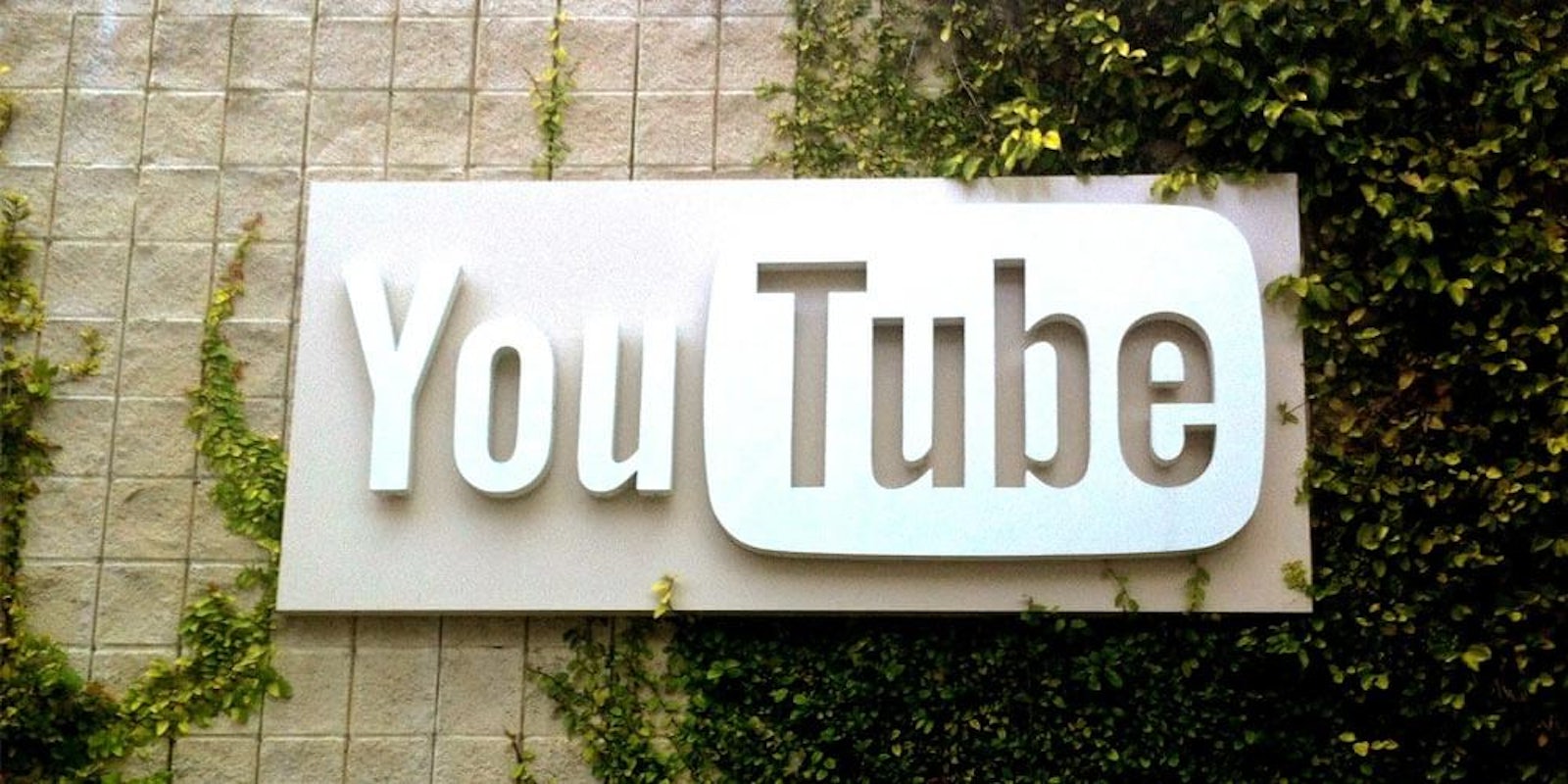Prominent conservatives are protesting YouTube after the platform announced on Wednesday new changes to its harassment policy.
The video-sharing site has stated that it will longer allow “content that maliciously insults someone based on protected attributes such as their race, gender expression, or sexual orientation.”
The policy shift comes after the platform declined to take action earlier this year when conservative YouTuber Steven Crowder repeatedly reffered to gay Latino journalist Carlos Maza as “mister lispy queer” and “the gay Mexican from Vox.”
Matt Halprin, vice president of trust and safety at YouTube, appeared to acknowledge the incident on Wednesday while discussing the policy change.
“We systematically review all our policies to make sure the line between what we remove and what we allow is drawn in the right place, and recognized earlier this year that for harassment, there is more we can do to protect our creators and community,” Halprin said.
Conservatives, however, are claiming the new rule will be used to silence right-leaning YouTubers.
Ben Shapiro, editor-in-chief of conservative outlet The Daily Wire, has claimed that the new policy is too vague.
BTW, YouTube’s new guidelines state that they will target “maliciously insults someone based on protected attributes such as their race, gender expression, or sexual orientation.” I look forward to their mind-reading machine determining whether Dave Chapelle is malicious or not.
— Ben Shapiro (@benshapiro) December 11, 2019
Others, under the hashtag #youtubeisoverparty, similarly bemoaned YouTube’s decision.
The entire reason YouTube became massive was YouTubers having beef and drama.
— Paul Joseph Watson (@PrisonPlanet) December 11, 2019
The line between criticism and “harassment” is now so blurred, nobody knows where they stand.#youtubeisoverparty
Self-described classical liberal David Rubin, who regularly interviews prominent right-leaning figures, used the opportunity to call on YouTubers to leave the site entirely.
Rubin even pointed users to the site locals.com, which sounds suspiciously like a scam dating service aimed at helping lonely internet users find young hot locals in their area.
“Every creator tweeting about #youtubeisoverparty should sign up at locals.com,” Rubin tweeted. “Your rules, you own the content, native video, newsfeed, communicate directly with fans and more.”
Every creator tweeting about #youtubeisoverparty should sign up at https://t.co/WLIO0Cxwe0. Your rules, you own the content, native video, newsfeed, communicate directly with fans and more.
— Dave Rubin (@RubinReport) December 11, 2019
Check out the first Local at https://t.co/TxsCZZeM9Z or in App Store / Google Play.
Rubin went on to note that he is in fact involved with locals.com, but claimed not to take a salary from the service. He will, however, make money “if it succeeds.”
“Oh, and not that it matters, but I am not taking any salary or a dime from Locals,” Rubin said. “In fact, I’ve put in money and a tremendous amount of time. If it succeeds, which it will, I own a %…”
Oh, and not that it matters, but I am not taking any salary or a dime from Locals. In fact, I’ve put in money and a tremendous amount of time. If it succeeds, which it will, I own a %…
— Dave Rubin (@RubinReport) December 11, 2019
Many though were just confused entirely by uproar, struggling to determine what the backlash was about.
“Scrolling through the trend and have yet to see what the fuck this is actually about,” Twitter user @cinemaandgaming wrote. “Anyone care to fill me in?”
Scrolling through the trend and have yet to see what the fuck this is actually about. Anyone care to fill me in? #youtubeisoverparty
— Cameron Parker (@cinemaandgaming) December 11, 2019
But it seems that even Maza, the Vox journalist targeted by Crowder, isn’t quite sure about the policy either.
“YouTube loves to manage PR crises by rolling out vague content policies they don’t actually enforce,” Maza wrote. “These policies only work if YouTube is willing to take down its most popular rule-breakers. And there’s no reason, so far, to believe that it is.”
TL;DR: YouTube loves to manage PR crises by rolling out vague content policies they don’t actually enforce.
— Carlos Maza (@gaywonk) December 11, 2019
These policies only work if YouTube is willing to take down its most popular rule-breakers. And there’s no reason, so far, to believe that it is.
As usual, YouTube can’t seem to make anyone happy. It seems unlikely though that the massive video platform will be “over” anytime soon.
READ MORE:


